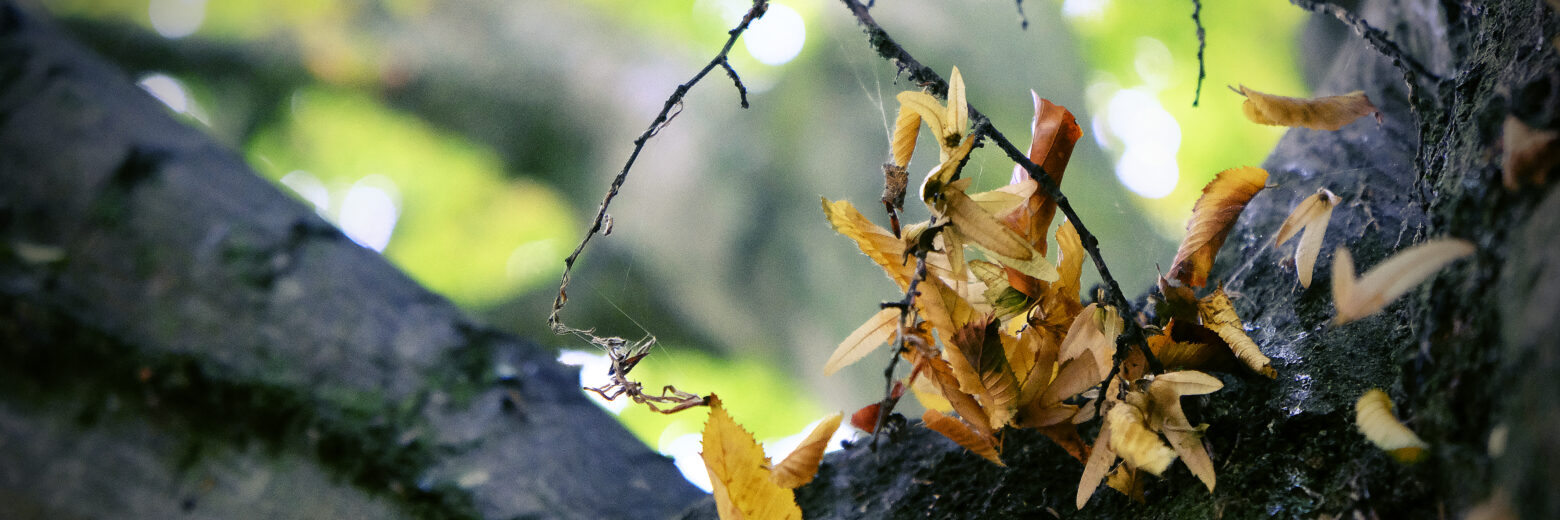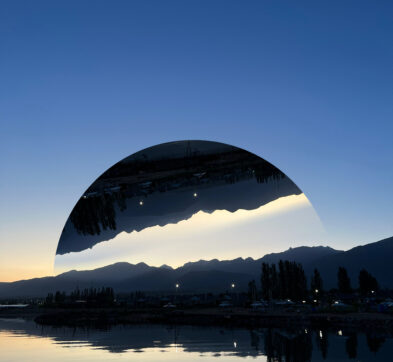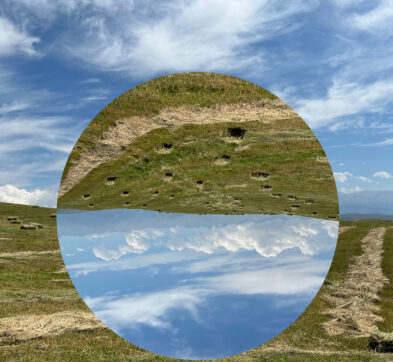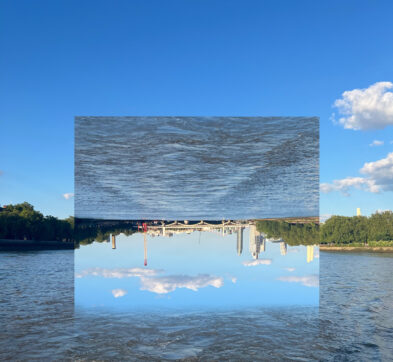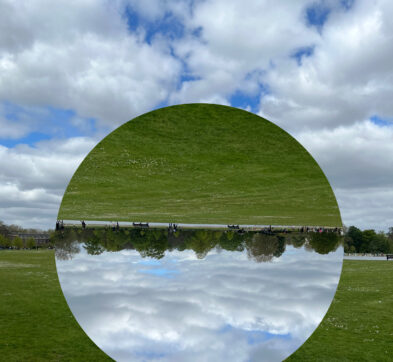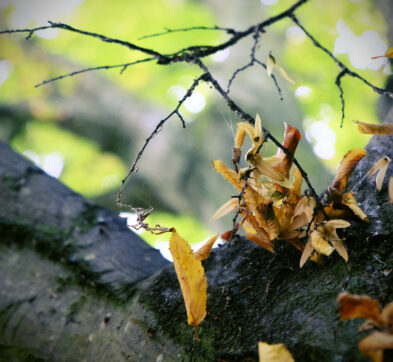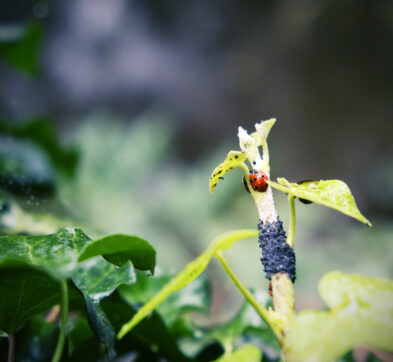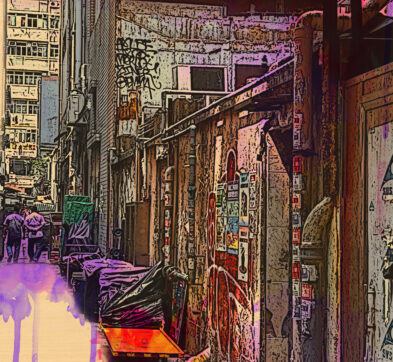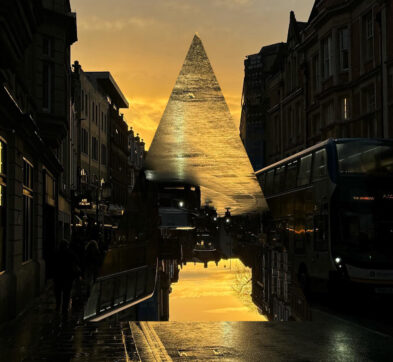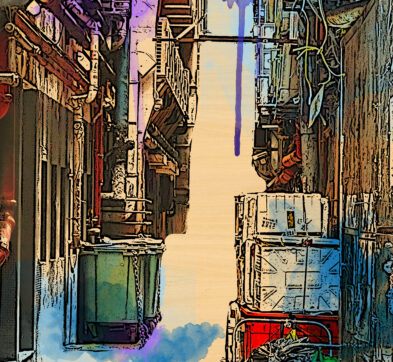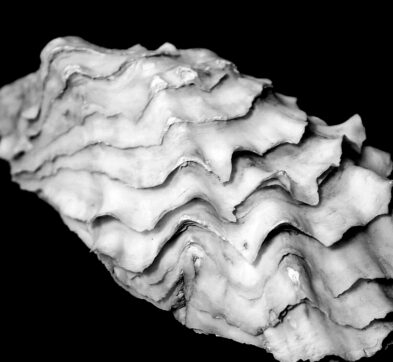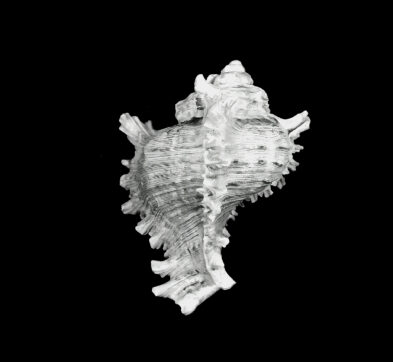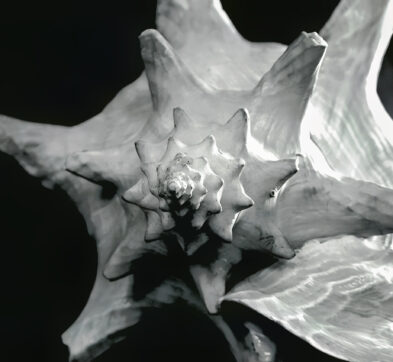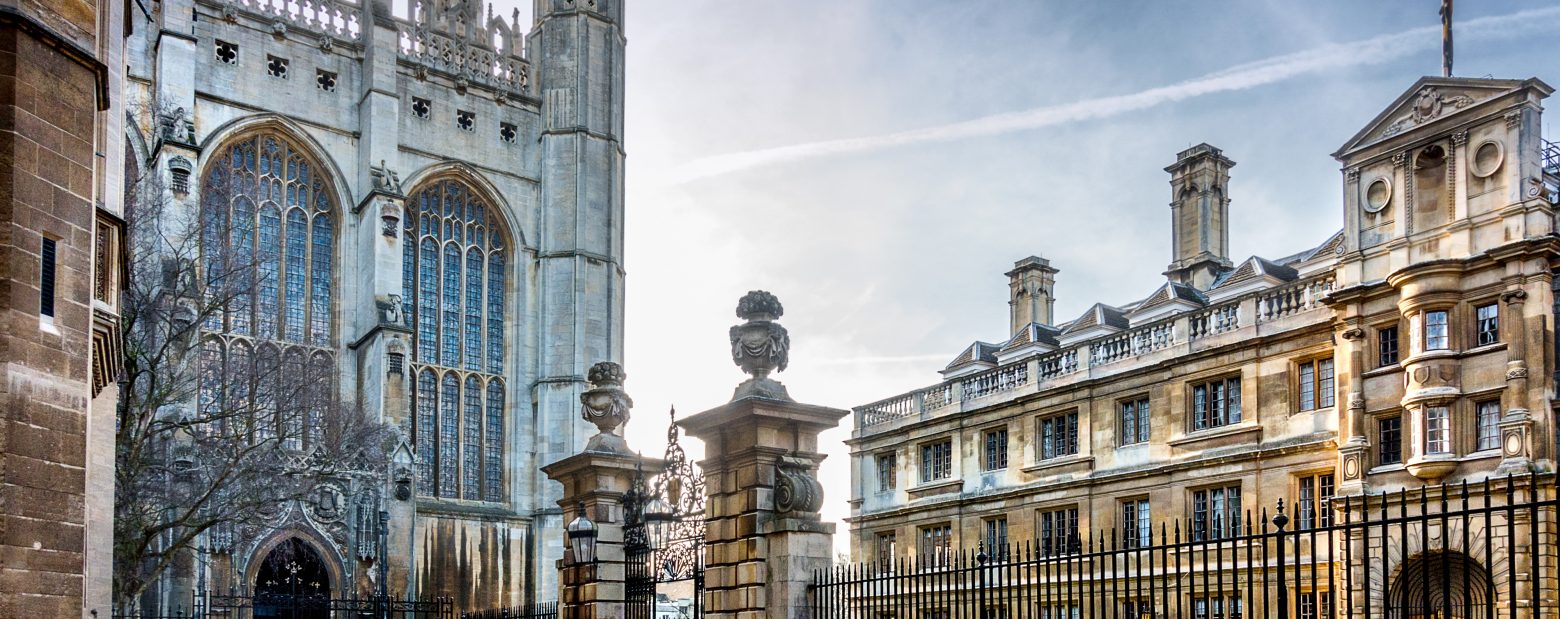A-Level Photography
The world of photography opens up an exciting platform for personal expression through traditional and digital image-making. Students are encouraged to explore a wide range of photographic techniques and processes while developing a strong creative and critical understanding of the medium.
What is A-Level Photography?
A-Level Photography is an engaging and thought-provoking course that encourages you to explore the world through a lens. You will learn how to use photography as a powerful form of visual communication, experimenting with both traditional and contemporary photographic practices. From working with studio lighting and digital manipulation to exploring historical darkroom methods, you’ll gain a deep appreciation for the technical, aesthetic, and conceptual aspects of photography. This course allows you to tell stories, express ideas, and document the world around you in unique and imaginative ways.
What Will I Study in A-Level Photography?
Our A-Level Photography course follows the AQA specification, and is a two-year course. Students will be introduced to a broad range of photographic styles and processes, including:
- Portraiture
- Landscape photography
- Still life photography
- Documentary and Photojournalism
- Fashion photography
- Experimental and multimedia work
- Moving image
During the initial phase of the course, you’ll explore key techniques such as camera controls (aperture, shutter speed, ISO), composition, lighting, and editing. You’ll also study influential photographers and artists to better understand how photography can be used to explore social, cultural, and personal themes.
As your skills and confidence grow, you’ll undertake more independent projects, developing a personal style and direction. Sketchbooks will be used to document your ideas, research, experimentation, and reflections. Drawing, storyboarding, and diagramming will also be used to support your planning and development work.
Equipment Requirements
Students do not need to purchase their own camera equipment. However, a fully functional laptop (any brand) is essential for the course, as it is required to run Adobe Creative Suite. Please note that iPads and tablets are not suitable because they do not support the full Adobe software.
Assessment
Assessment is through two components:
- Component 1: Personal Investigation – A practical project supported by written work. You will develop a personal theme and produce a body of work that demonstrates your technical, conceptual, and critical abilities. This also includes an formal 3000-word critical essay.
- Component 2: Externally Set Assignment – You’ll respond to a theme set by AQA, culminating in a final piece or series produced under exam conditions.
Both components assess your ability to develop ideas, explore materials and techniques, record observations, and present a personal and informed outcome.
A Good Subject to Take in Combination with A-Level Photography
Due to its interdisciplinary nature, Photography complements many other A-Level subjects. It pairs particularly well with Art & Design, English Literature, History, Geography, Politics, Sociology, and Psychology, offering deeper insight into human experience and visual culture. It also enhances digital and analytical skills that can support subjects like Computer Science, Medicine, and Business Studies.
Possible Careers
Core Photography Careers
These roles involve working primarily as a professional photographer across different industries and specialisms.
Commercial & Creative Photography
- Portrait Photographer
- Wedding Photographer
- Fashion Photographer
- Advertising, Event, Product Photographer
- Fine Art Photographer
- Travel Photographer
- Food Photographer
- Architectural, Real Estate, Interior Photographer
Editorial & Documentary
- Photojournalist
- Documentary Photographer
- Sports Photographer
- Nature & Wildlife Photographer
Specialist & Technical Photography Careers
These careers require a combination of photographic expertise and sector-specific knowledge.
Medical & Clinical Photography
- Medical, Clinical, Surgical Photographer
- Ophthalmic Photographer
- Dermatology Photographer
- Forensic Photographer
- Radiography/MRI Imaging Technician (photographic imaging overlaps)
Scientific & Industrial Photography
- Scientific Photographer
- Aerial Photographer (e.g. for surveying, mapping)
- Astrophotographer
- Archaeological Photographer
- Underwater Photographer (for marine science and conservation)
Film, Media & Content Creation
Photography skills are crucial for roles in broader visual communication fields.
- Cinematographer / Director of Photography (DOP)
- Videographer
- Video Editor
- Lighting Technician (Film/TV)
- Content Creator, YouTuber, Vlogger, Influencer
- Social Media Manager, Digital Marketing Specialist
Creative & Visual Arts Careers
Roles where photography supports or enhances visual design and artistic output.
- Graphic Designer
- Art Director
- Gallery/Museum Photographer
- Exhibition Curator (with a photography focus)
- Photographic Archivist
- Photo Retoucher
- Fashion Stylist (with shoot experience)
- Book or Magazine Editor (visual content)
Business, Retail & Education
Roles that integrate photography into business, customer-facing or academic environments.
- E-commerce Photographer
- Marketing Executive (using product or brand photography)
- Social Media Executive
- Photography Teacher or Lecturer
- Photography Technician
- Studio Manager
- Art Buyer / Visual Merchandiser
- Equipment Sales Specialist (e.g. for Canon, Nikon, etc.)
Photography-Adjacent Careers
Jobs where having strong photography skills adds significant value.
- Journalist / Blogger
- UX/UI Designer (photography supports visuals)
- Interior Designer (uses photography for portfolios)
- Travel Guide or Tour Operator (content marketing)
- Wildlife Conservationist (using field photography)
- Historian or Archivist (photographing artefacts)
- Police Officer / Crime Scene Investigator (forensic evidence photography)
- Environmental Consultant (site documentation)
- Real Estate Agent (property photography)

